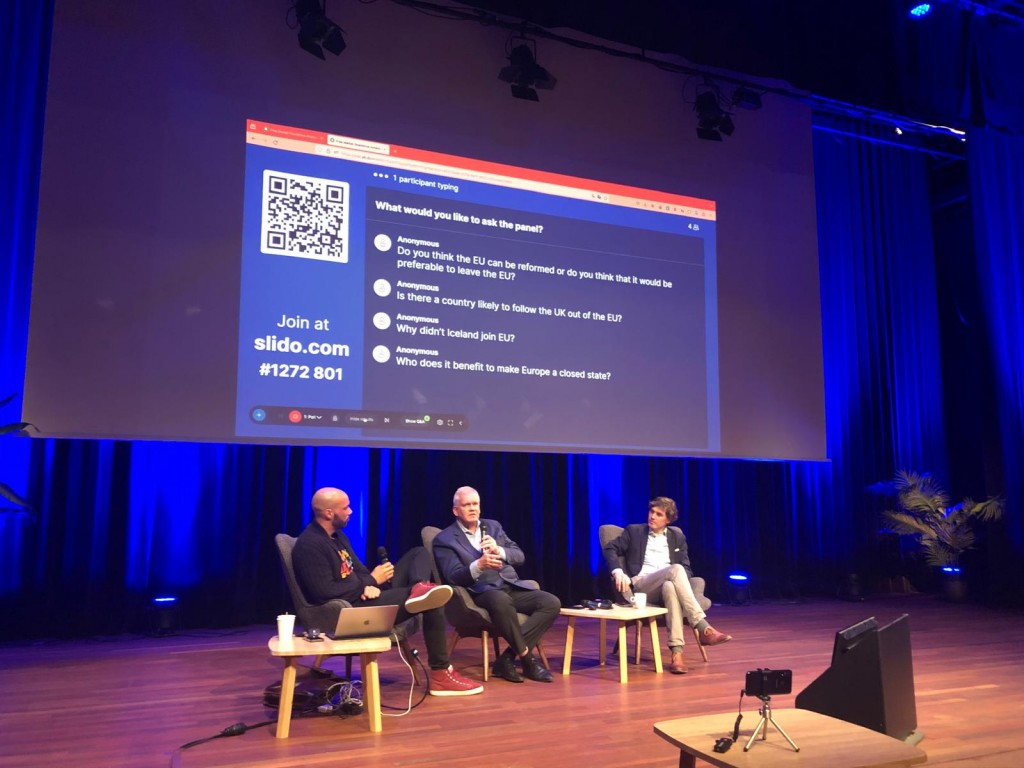 Hannes H. Gissurarson, Professor Emeritus of Politics at the University of Icceland, gave a talk in Amsterdam on 12 March 2024 at a conference held by the Austrian Economics Centre and the Nederlands Instituut vor Praxeologie, about the EU in 2030. He recalled that the ‘founding fathers’ of the EU had witnessed the inability of the League of Nations in the interwar years to maintain peace and promote free trade. They therefore wanted a powerful federation and not only a confederation. This federation had to have a military and the power to tax. But after the Second World War the United States, Canada, and Great Britain came to the assistance of the continental European states, enabling them to meet the aggressiveness of Soviet communists. Therefore there was no need for a European military. The task in security affairs was now to ensure cooperation between the European and North American states.
Hannes H. Gissurarson, Professor Emeritus of Politics at the University of Icceland, gave a talk in Amsterdam on 12 March 2024 at a conference held by the Austrian Economics Centre and the Nederlands Instituut vor Praxeologie, about the EU in 2030. He recalled that the ‘founding fathers’ of the EU had witnessed the inability of the League of Nations in the interwar years to maintain peace and promote free trade. They therefore wanted a powerful federation and not only a confederation. This federation had to have a military and the power to tax. But after the Second World War the United States, Canada, and Great Britain came to the assistance of the continental European states, enabling them to meet the aggressiveness of Soviet communists. Therefore there was no need for a European military. The task in security affairs was now to ensure cooperation between the European and North American states.
Recently, however, the EU has been on the wrong track according to Gissurarson. It was changing from an open market into a closed state, from a federation of states into a federal state which sought to become a superpower. The proper response was the dispersal of power, as the Subsidiarity Principle prescribed: that decisions were made as close as possible to those whom they affected. This principle had been violated several times in the EU where no democratic constraints seemed to apply to the European Commission, while the European Parliament was a powerless travelling circus, alternating between Brussels and Strasbourg. Moreover, the Court of Justice of the European Union was staffed by ardent supporters of centralisation, and they had greatly extended the power of the European Commission.


